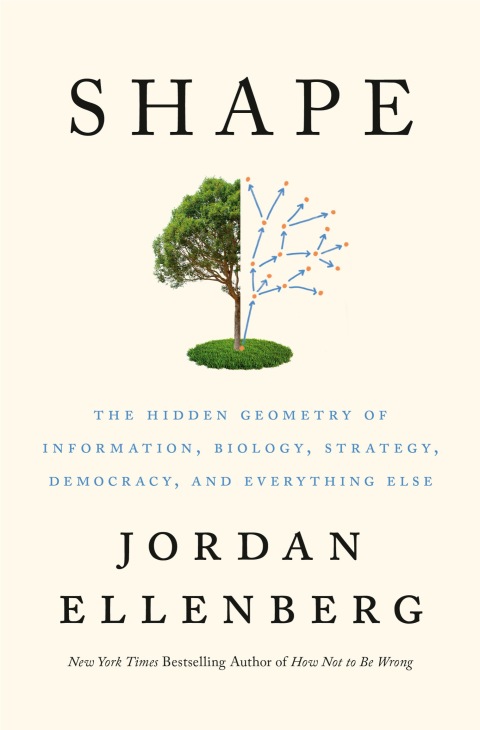
Most books are stored in the elastic cloud where traffic is expensive. For this reason, we have a limit on daily download.
Preview Shape
Description:
From the New York Times-bestselling author of How Not to Be Wrong, himself a world-class geometer, a far-ranging exploration of the power of geometry, which turns out to help us think better about practically everything
How should a democracy choose its representatives? How can you stop a pandemic from sweeping the world? How do computers learn to play chess, and why is learning chess so much easier for them than learning to read a sentence? Can ancient Greek proportions predict the stock market? (Sorry, no.) What should your kids learn in school if they really want to learn to think? All these are questions about geometry.
For real. If you're like most people, geometry is a sterile and dimly-remembered exercise you gladly left behind in the dust of 9th grade, along with your braces and active romantic interest in pop singers. If you recall any of it, it's plodding through a series of miniscule steps, only to prove some fact about triangles that was...
How should a democracy choose its representatives? How can you stop a pandemic from sweeping the world? How do computers learn to play chess, and why is learning chess so much easier for them than learning to read a sentence? Can ancient Greek proportions predict the stock market? (Sorry, no.) What should your kids learn in school if they really want to learn to think? All these are questions about geometry.
For real. If you're like most people, geometry is a sterile and dimly-remembered exercise you gladly left behind in the dust of 9th grade, along with your braces and active romantic interest in pop singers. If you recall any of it, it's plodding through a series of miniscule steps, only to prove some fact about triangles that was...
See more
The list of books you might like
Most books are stored in the elastic cloud where traffic is expensive. For this reason, we have a limit on daily download.
